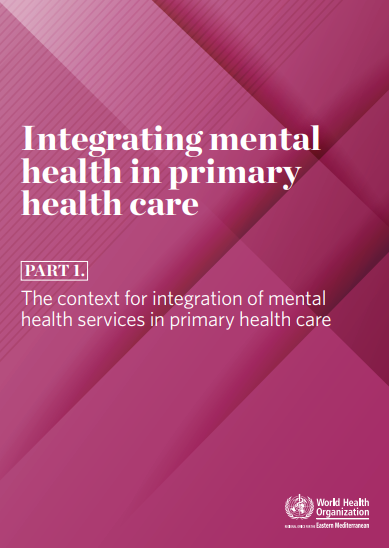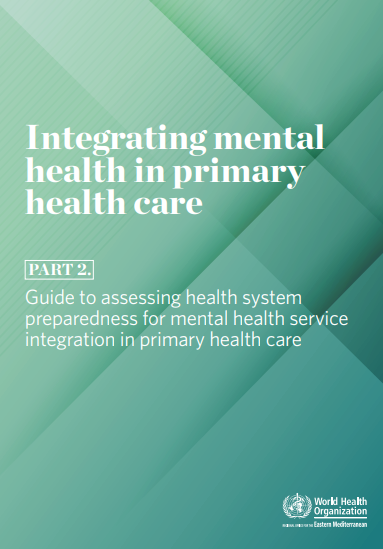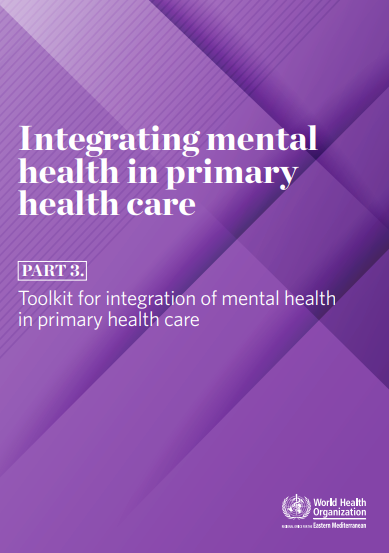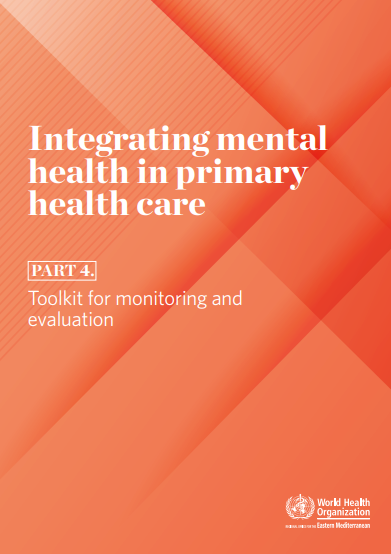Introduction
Mental, neurological and substance use disorders are extremely common, though they are often hidden from sight. In every 10 people, there is one who is suffering from a mental health condition. This directly affects one in four families globally. Mental health conditions have become an even more pressing concern for most countries of the Eastern Mediterranean, because this region has faced an unprecedented number of humanitarian crises. Trauma, isolation, displacement, loss and poverty generate a surge in psychosocial need and disruption of existing health systems.
The good news is that effective treatments are available and affordable, but until now there is a huge treatment gap, leaving the majority of people with mental health conditions to suffer distress and disability without treatment; and placing an ongoing burden on their families and society.
Our challenge is to develop health systems that deliver accessible cost-effective treatment available to all those who need it – universal health coverage for priority mental health interventions.
Related links
Case study on mental health policy in Jordan
Case study on policy development and implementation in Qatar
Case study on role of family associations in improving quality of mental health care in Morocco
Core competencies for non-specialized prescribers and specialized providers
Ethiopia One Health case study
Integrating and prioritizing mental health care in NCD programmes
Mental Health Atlas 2017 questionnaire
New, referral and closed cases MHPSS and mhGAP register
Occupied Palestinian territory case study
Psychosocial counsellor intervention
Technical instructions and management protocols on MHPSS
WHO-AIMS items that supplement the Mental Health Atlas 2017
Worked example of the calculation of the price of purchasing medication Fluoxetine






